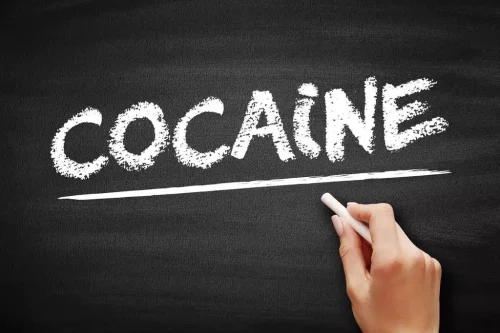
Believe it or not, how many drinks you have doesn’t appear have a significant impact on how long a hangover lasts, according to a 2017 study. Your body’s already under a little bit of strain during your period, and since alcohol can dehydrate you, it can deplete your energy even more on your period, says Dr. Cox. So why do some hangovers last an appropriate amount of time and others…don’t? Dr. Goggans also says that the strength and length of your hangover goes hand in hand with the amount of alcohol you had. “There are also some other factors that are speculated to influence the intensity and duration of a hangover,” he says. “Hangovers are somewhat poorly understood from a medical standpoint,” says Fred Goggans, MD, the medical director of McLean Hospital’s McLean Borden Cottage in Camden, Maine.
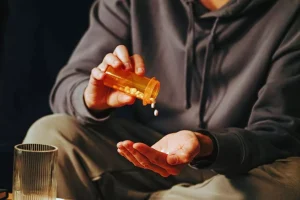
The timeline depends on several things
- Consuming any alcohol, such as beer, wine, and liquor, can lead to a hangover.
- Drinking can also affect your mood if you already have a mental health condition or use alcohol as a coping mechanism for your mental health.
- Some lesser-known causes are substances produced naturally during fermentation, such as congeners.
- Respiratory viruses continue to circulate in Maryland, so masking remains strongly recommended when you visit Johns Hopkins Medicine clinical locations in Maryland.
It’s possible that some chemicals in wine and how the body responds to them could result in a headache after drinking wine. More research is needed to find the exact cause of wine headache. A hangover is a group of unpleasant symptoms that can happen after drinking too much alcohol. As if feeling awful weren’t bad enough, frequent hangovers also are linked with poor performance and conflict at home, school and work. In order to ward off the symptoms of dehydration following a hangover, it is good practice to drink non-alcoholic fluids. In addition, ensuring you have an adequate amount of time to sleep may decrease difficulty concentrating and fatigue the following day.
What’s the best hangover cure?
Alcohol has a diuretic effect that makes you pee more, leading to dehydration if you’re not also drinking water. If you drink enough alcohol to vomit, then that’s even more fluid lost. If https://ecosoberhouse.com/article/how-to-rebuild-your-life-after-addiction-how-to-regain-trust/ you haven’t eaten, you’re a lot more likely to have stomach pain and vomiting after drinking.
Health Challenges
So while three drinks was fine back in the dorms sophomore year, that amount may feel like double that 10 years later. Stop drinking completely when you’ve reached your limit (or before then). But by inhibiting ADH, water is instead urinated out at a faster rate than you’re adding fluids back. Hydration can help to ease a hangover but it does not completely alleviate the symptoms. Dehydration occurs because alcohol inhibits the effect of a hormone called antidiuretic hormone (ADH).
Certain Medications
Light exercise may be helpful, provided you stay well-hydrated. A hangover refers to a set of symptoms that occur as a consequence of drinking too much. A hangover is usually caused by excessive drinking (drinking to intoxication). The typical course of a hangover is that it begins after the symptoms of intoxication have worn off. A hangover is usually first apparent when the blood alcohol level begins to fall and peaks in severity once the level is 0 and all the alcohol has been metabolized.
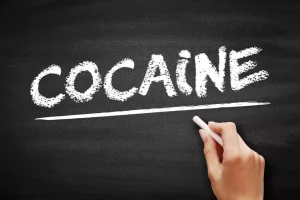
So, drinking a higher distilled product makes you less likely to experience a hangover. Buying cheap liquor may have the right price, but it may cost you the next day, depending on your hangover symptoms. Each person consuming alcohol can have risk factors that make them more susceptible to getting a hangover.
How Long Does A Hangover Last, Anyway?
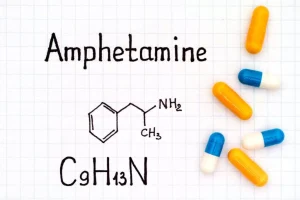
A hangover is when you have unpleasant physical and mental symptoms after drinking too much alcohol the previous night. While congener content may affect hangover severity, it has never been demonstrated in a study that mixing drink types leads to a worse hangover, even though this is a popular belief. If you’re prone to migraine attacks, you’re also more likely to have problems with hangovers, particularly hangover how long does a hangover last headaches, because alcohol is a common migraine attack trigger.
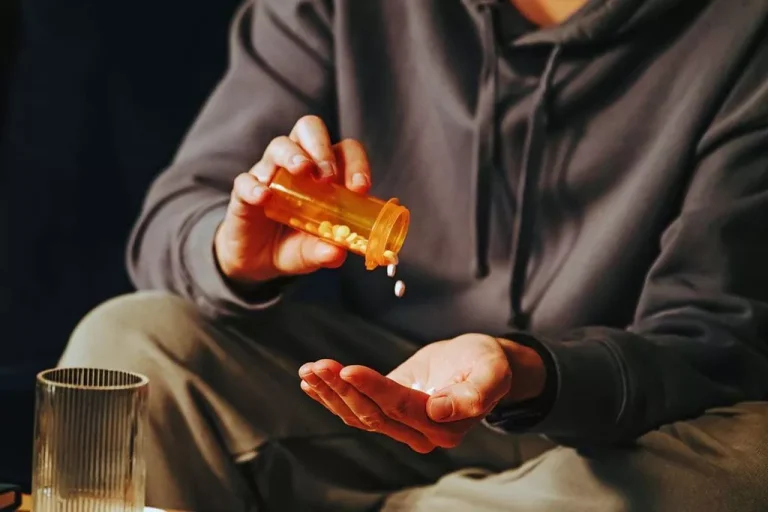
Take these medications with a meal to avoid stomach irritation or further harming your stressed liver. Most hangover symptoms disappear independently after your blood alcohol concentration (BAC) drops significantly. However, it’s not unusual for the symptoms to last up to 24 hours.
In addition, decreasing the number of drinks decreases the severity of the hangover if one is experienced. In addition, symptom management can help alleviate the specific symptoms of a hangover. For example, if one is experiencing light sensitivity, then it may be helpful to wear sunglasses or stay away from lights. If one is experiencing dizziness, then it may be helpful to drink water and lay down or sit still for some time.
Racing heart
Enter your phone number below to receive a free and confidential call from a treatment provider. Consuming any alcohol, such as beer, wine, and liquor, can lead to a hangover. The medical term for a hangover is “veisalgia,” which is a combination of the Greek word for pain and a Norwegian word for “uneasiness following debauchery.” Alcohol can irritate the stomach lining, causing acid release and inflammation.